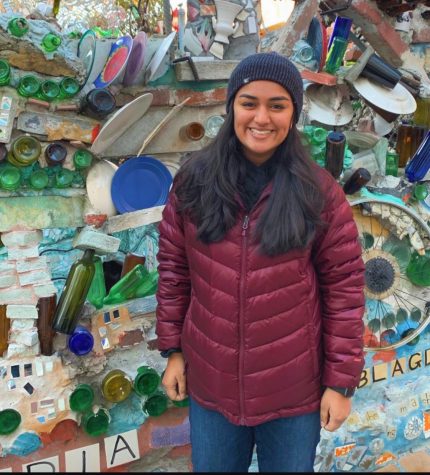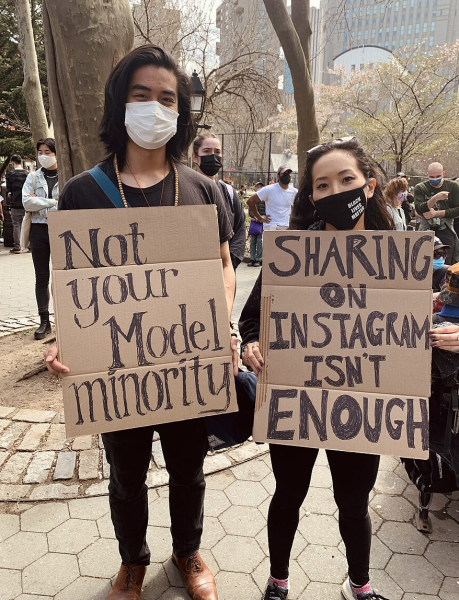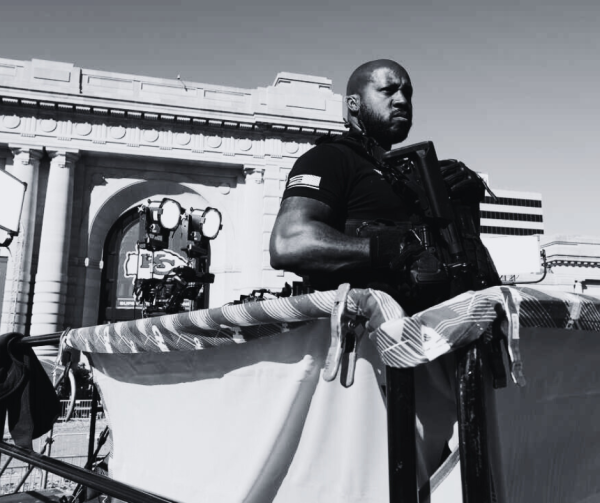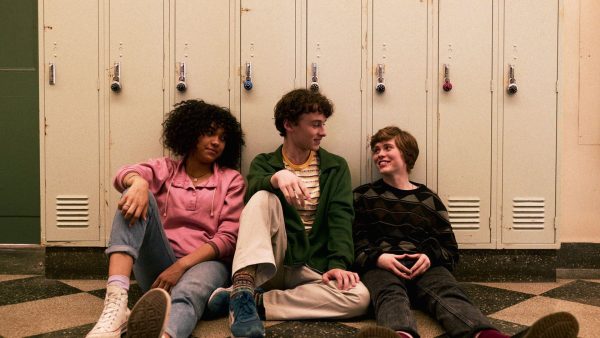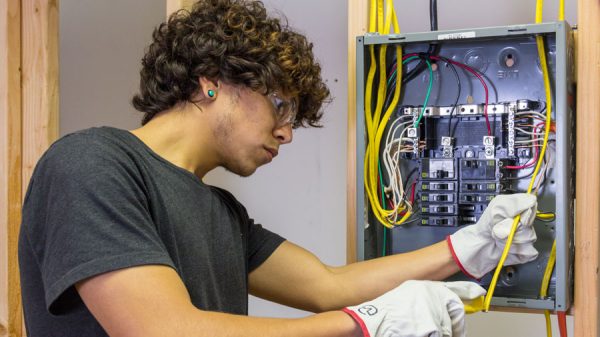Living life to the fullest vs. embracing the smaller moments: a reflection on approaches to finding happiness
Is it better to take every chance and damn the consequences, or embrace smaller, realer moments and play it safe?
November 13, 2021
YOLO, or NOLO?
Living life to the fullest often means abandoning the life you have in favor of one more adventurous; this lifestyle is more commonly known as “YOLO.” But there is something to be said about the sustainability of this lifestyle.
A situation to which this concept applies is peer pressure to smoke. Would you rather look cool now and smoke, or would you rather plan for the future and not smoke? Giving in to peer pressure and smoking can be tempting, but it is not healthy because once you start, it is hard to stop. Sometimes living in the moment is better than planning for the future. But, in order to survive in the society that we live in, small moments are only what many of us have. Smoking brought a small moment of happiness. It was fleeting, but it was still there, and it led to a whole slew of new problems.
Many and most people opt for the “small moments” option without thinking about it. Vacations from the continuous cycle of working and the mindset of ‘just making it through the day’ contribute to the small moments’ mindset. But if we only have so much time alive and conscious, why are we waiting for certain moments to be happy?
We wait because it is how our society is structured. More of us than we know yearn to leave it all. Because isn’t the point of life to be happy? So why are we wasting our limited time on things that do not contribute to that happiness? Why are we resigning to a society, a system, a life that keeps us unhappy until we die?
Because we have to.
Take a look at the progression of human resistance in relation to aging.
For decades it has been teenagers and the younger generations of their time fighting for everything. They are the ones who ‘fight the establishment’, and as they age, they give in to the societal mindset that keeps everything the same. When we are young, we care. We fight with our parents, we see inequality, and some of us say something.
For example, take freshman Caroline Browning, who with context was asked “living life to the fullest or the small moments?” and responded, “Living life to the fullest to me is taking every chance you get to feel alive. Doing what you want, eating what you want, spending time with people you love, checking off your bucket list, etc. Living life to the fullest is about enjoying life and making the most of every second.” It is an admirable way to think, be and live.
But then the light in us is extinguished as we go through life. People and experiences numb us to the pain.
We give up because we get beaten down.
We adopt a Laissez-faire approach to life. We take the easy way out.
And although this is true, there are exceptions.
There are people who attempt to live their lives to the fullest, and succeed. Many of us have seen “van life” people who quit their jobs, and essentially their lives, to live on the road and travel. Many people adopt this and other forms of life that they believe to fulfill the meaning of “living life to the fullest”; lives that they are not living.
And then there are people who take comfort in the small moments, and through that they live their lives to the fullest.
In an interview with RV history teacher Mr. Heiser, he spoke about how he believes in the small moments, but also the small moments constitute living life to the fullest.
“I don’t believe life has to be a series of events,” he said. “It does not have to be something where you have to do everything. I become more comfortable with the life I live, the older I get. I believe that in my own way, I am living life to the fullest, through the small moments.”
For many, living life to the fullest, or at least what it represents, brings happiness. But for others, the small moments do. Picture it as a spectrum with “living life to the fullest” on one end and “small moments” on the other. This is a spectrum and there are people in between who believe in a bit of both. And despite this, there is one thing everyone agrees on: the end goal is happiness.
It is never too late to change, it may require more work, but it is never too late. So maybe we can change our society into something that allows more people to be happy. But the society we have right now will never allow all people the complete happiness they could have. We could never leave, and live life and be happy. It is unsustainable.
By itself, living life to the fullest is a myth, a dream. It is an unattainable hope that keeps people going.
Just as society dictates how we become, it dictates our happiness. So we wait, and yearn, and wish, and hope for small moments of happiness. Because at least we have something.
Yes, it is pessimistic to look at most of society like this. It is a resigned point of view that feeds into the system that leaves it as the only option to ever be happy. And this remains true for many. But people like the van life people, Mr. Heiser, and even Caroline give us hope in place of what the sentiment “living life to the fullest” used to. We cannot stop trying to be happy because if we resign, who will fight? It is easy to give in, and stop, and just try to survive but we have to take the hard path and keep trying despite the simple truth: the smaller moments are easier.


